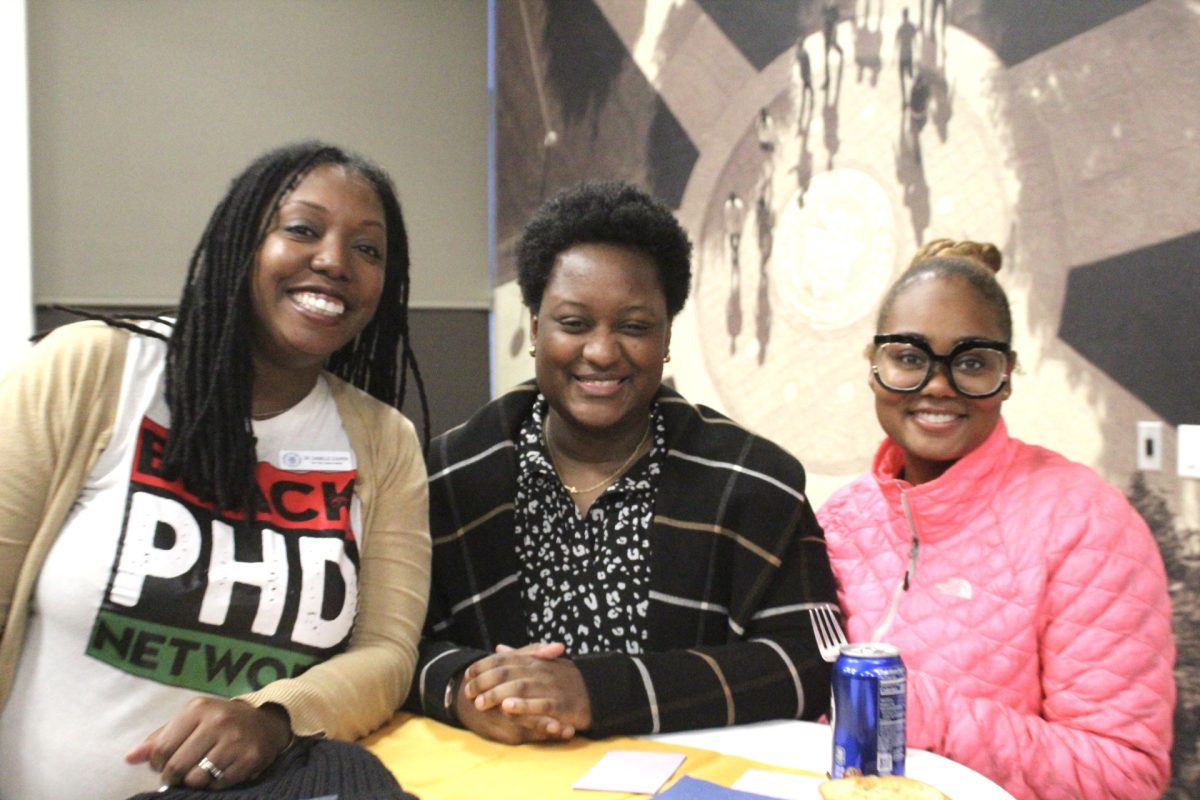As we all know, the University of New Haven was founded in 1920 as the New Haven YMCA Junior College, a division of Northeastern University. However, do we know what was the first university ever established in the United States, or even throughout the world? Sitting in our college classes everyday makes me wonder: what were the first college courses available to take or what were the first areas of studies offered? Originally, a college was a group of students who gathered to share academic and residential facilities. Each college was a component part of a corporate body called a university.
Although modern colleges and universities evolved from Western European institutions of the Middle Ages, significant types of higher learning existed in ancient times, in the Middle and Far East as well as in Europe. In Greece, the Academy of Plato and the Lyceum of Aristotle were advanced schools of philosophy. Athens attracted numerous Roman students. Also important during this period was the Egyptian city of Alexandria, with its great library and museum, which attracted scholars from the Middle East. Western European universities developed as students migrated to various places where noted teachers lectured on subjects of particular interest to them. By the 12th century Paris was established as the center for theology and philosophy, and the University of Paris became the model for later universities in northern Europe. Beginning in the 13th century, universities were established in France, England, Germany, Bohemia, and Poland. Students migrating from the same country banded together into so-called nations for mutual aid and protection. From these communities developed the concept of the college.
The very first university in the United States was Harvard University, establishing in 1636 in Cambridge, Massachusetts. That was followed by The College of William and Mary in 1693 and Yale University in 1701. Harvard University was founded just 16 years after the arrival of the Pilgrims at Plymouth. It started off with only nine students and a single master. During its early years, the College offered a classic academic course based on the English university model but consistent with the prevailing Puritan philosophy of the first colonists. Although many of its early graduates became ministers in Puritan congregations throughout New England, Harvard University was never formally affiliated with a specific religious denomination.
So the next time you are walking on campus, around the many mazes of construction, to all of those classes that seem to last longer than they really are, think about how the first people enrolled in college must have felt walking to their first classes. Be grateful that we can now gain an education and that we are so much more advanced in this time than the early beginnings. With so many opportunities offered to us, how can we not stop and just appreciate the people who started it all.







